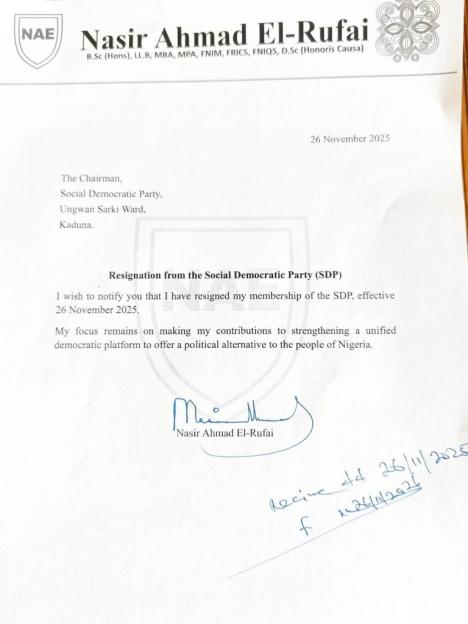Table of Contents
The Nigerian Senate has dismissed a proposal to create a National Ethnic and Reconciliation Commission (NERC), which was sponsored by Senator Anthony Ani, representing the Ebonyi South Senatorial District under the All Progressives Congress (APC) party.
This proposed legislation aimed to prevent, manage, and resolve ethnic conflicts, promote national unity, and encourage peace-building, among other goals. It had previously passed its first reading in an earlier session.
However, during its second reading on Thursday, several senators pointed out what they referred to as flaws in the bill and asserted that such a law was unnecessary.
Senator Eyinnaya Abaribe (APGA, Abia South) was the first to voice opposition to the bill, highlighting that the acronym NERC is already used by the Nigerian Electricity Regulatory Commission.
“The Senate cannot legislate to establish two different commissions with the same acronym,” Abaribe remarked.
In a similar vein, Senator Adams Oshiomhole (APC, Edo North) contended that there is no entity recognized as a “National Ethnic,” emphasizing that Nigeria comprises multiple ethnic groups.
Additionally, Oshiomhole cautioned that enacting the bill would impose an extra financial burden on the Federal Government at a time when it is already struggling to fulfill its financial commitments.
The Senate President, Senator Godswill Akpabio, stated that the nation does not need such legislation. He noted that some senators who had previously supported the bill did so out of sentiment, despite knowing it was inappropriate and would not serve a meaningful purpose.
“Nigeria does not require this bill. Some of you backing it are doing so out of sentiment. Even from its tone, the bill lacks substance,” he expressed.
When a voice vote was taken on the proposal, senators overwhelmingly rejected it with a resounding “Nay,” effectively concluding the legislative process regarding the bill.
Frequently Asked Questions
What was the purpose of the proposed National Ethnic and Reconciliation Commission?
The proposed commission aimed to prevent, manage, and resolve ethnic conflicts, promote national cohesion, and encourage peace-building within Nigeria.
Why did the Nigerian Senate reject the bill?
The Senate rejected the bill due to various concerns, including the existing use of the acronym NERC by another commission, the belief that Nigeria is not a single ethnic group, and worries about the financial burden it could impose on the government.







